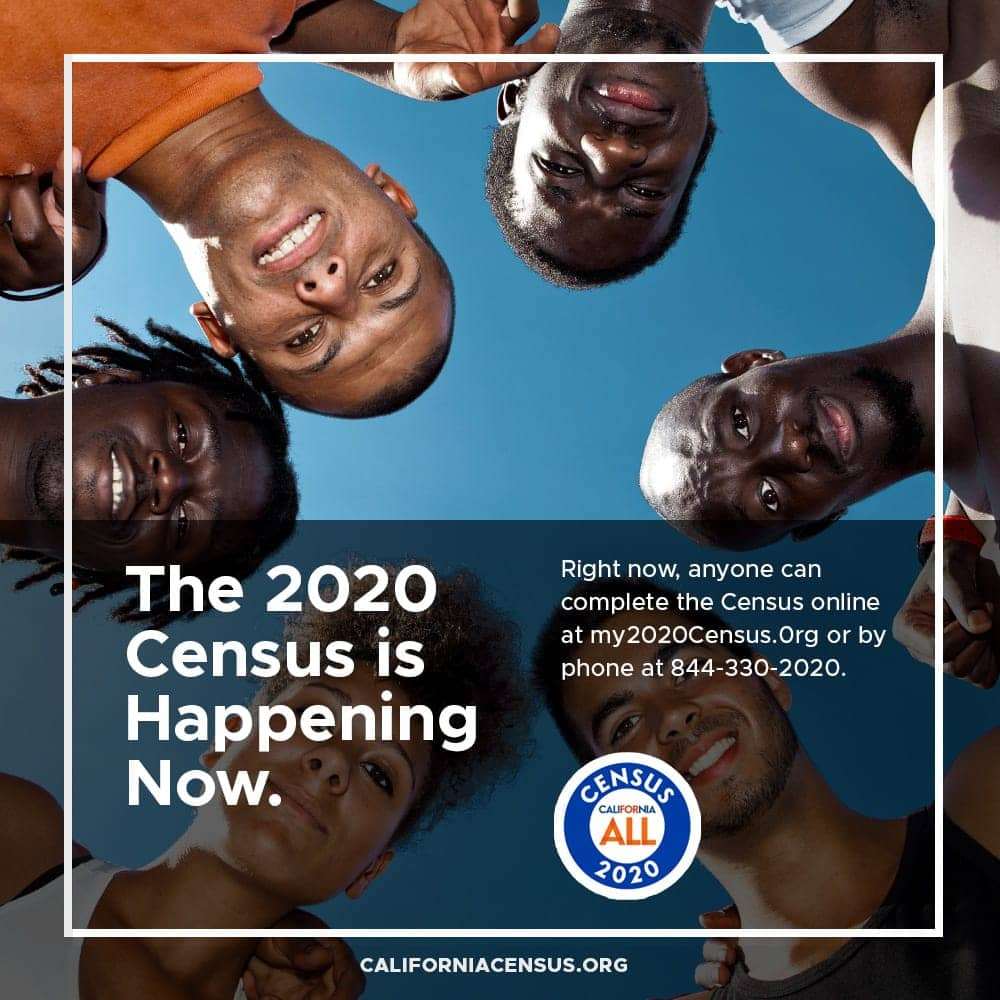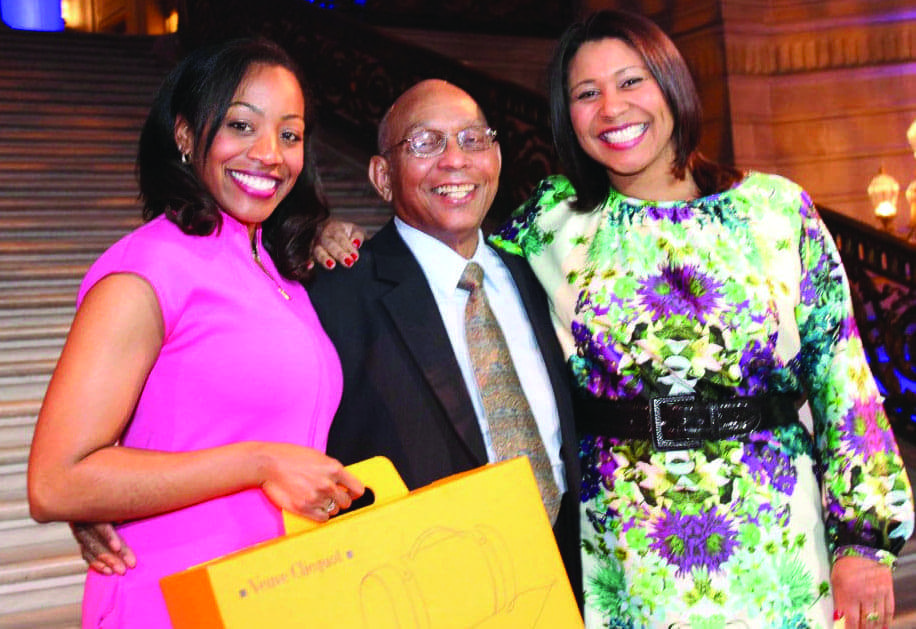
by Hon. Malia M. Cohen, Chair, California State Board of Equalization
Do you know what it is like to be invisible? To have people see right through you? To speak and not be heard?
That is exactly what will happen if we all don’t fill out the 2020 Census.
If we fail in this duty, we are failing our brothers and sisters. If we don’t fill out the Census, we simply won’t count when decisions are made in Washington, D.C. about what our community needs.
The truth is that the Census is the most important tool to determine everything from how many Members of Congress represent California, to education and childcare, school lunch programs and housing assistance.
Under the U.S. Constitution, the Census is conducted every 10 years to count every woman, man and child living in our 50 states, Washington D.C. and the five territories of Puerto Rico, the U.S. Virgin Islands, Guam, American Samoa and the Northern Mariana Islands.
Unfortunately, it has been estimated that upwards of 800,000 African Americans were not counted in the last Census in 2010. To put that figure in perspective, that is close to the population of San Francisco, or the combined populations of Oakland, Vallejo, Richmond and San Leandro.
In 2010, it was estimated that 7 percent of young African American children were not counted. African American men have been historically undercounted. To top it off, more than one in three African Americans live in hard to count census tracts.
In 2020, we cannot permit this undercount to occur again. We have to ensure that everyone is counted.
How do we make sure we are not invisible? Fill out the Census now, if you have not already done so.
Completing the Census is easy. Every Californian can participate today at My2020Census.gov or by phone by calling 1-844-330-2020. If you have received an official, first class letter from the Census Bureau, you can also participate by mail – fill out the form, put it in the no-postage-required envelope, and drop it in the mail.
Now that we know how important the Census is today for the African American community, let us do a quick history dive.
The first census in 1790 had only three racial categories: “free whites, all other free persons, and slaves.” In 1850, the category “Mulatto” became a choice for enumerators. In the 1890s, African Americans were enumerated in the Census by the racial categories of “quadroon” (defined as one-fourth “Black blood”) and “octoroon” (one-eighth or any trace of “Black blood“).
In the 1930s, the Census incorporated the “one drop test,” which was stated as follows: “A person of mixed White and Negro blood was to be returned as Negro, no matter how small the percentage of Negro blood.” My suspicion is that the zeal shown had more to do with institutional racism than a desire to ensure fair distribution of government services.
The 2020 Census now enumerates “Black” or “African American,” and provides an opportunity to list known origins, such as “Jamaican,” “Haitian,” “Nigerian,” “Somali” etc. If the recent migrations of our ancestors are known, this could be a rich cultural tool to understand more deeply the diversity of our communities. For most, our roots extend to our enslaved ancestors, who were counted as 3/5 of a human – not to represent our ancestors, but to increase the representation of Slave States in Congress.
It is time to be visible and proud in every way. We owe it to all who have come before us and have passed and all who are and will become part of our history in the future.
The Census has also been a historic force for good. Census statistics were used beginning in the 1960s to form the basis for fair distribution of federal resources under President Johnson’s Great Society program. Census figures have been used to provide data to enforce the voting rights for African American communities.
In every aspect of public policy decision-making, it is important to know the details about African American demographics. These include facts on African Americans such as our numbers: 47.8 million in 2018; that 29.9 percent work in management, business, science and arts; that there are over 2.2 million African American veterans.
Recently, the American Community Survey, a division of the Census Bureau, found that over 3.5 million African Americans between 19 and 64 have “no health insurance.” Think of that when we ponder the disproportionate impact of COVID-19 on the African American community and other communities of color.
Completing the 2020 Census is an essential tool in our fight for justice, equal representation and fair distribution of government resources. Your participation will provide the facts we need to ensure that we are not ignored, and that we are counted.
It is time to be visible and proud in every way. We owe it to all who have come before us and have passed and all who are and will become part of our history in the future. Please complete the 2020 Census.

Malia M. Cohen chairs the California State Board of Equalization, California’s elected tax commission, that administers the state’s $70 billion property tax system. In 2019, Ms. Cohen was elected by her board member colleagues to be the first African American woman to serve as chair of the board. Ms. Cohen represents 10 million Californians in 23 counties, extending from Del Norte County in the north through the Bay Area and the Central Coast to Santa Barbara County.





